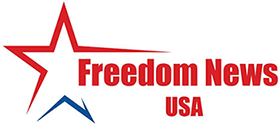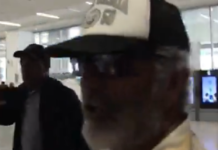On Tuesday, California Governor Gavin Newsom (D) enacted two pieces of legislation designed to prohibit the use of “deepfakes”—digitally altered videos or images—of political candidates in the lead-up to elections, as well as to ban digital “disinformation” during electoral periods.
This contentious legislation has been viewed as a direct reaction to Elon Musk, the owner of X, who disseminated a deepfake parody featuring Vice President Kamala Harris, which merged authentic quotes with a convincingly fabricated voiceover of Harris.
The two bills, designated AB 2655 and AB 2839, are interconnected. The first bill mandates that “large online platforms” must “prevent the posting of materially deceptive content related to elections in California during specified timeframes before and after an election.”
Additionally, it prohibits “materially deceptive content,” which is characterized as “audio or visual media that is digitally created or altered, including, but not limited to, deepfakes.” This definition could, in theory, encompass a wide array of political discourse—such as Kamala Harris’s inaccurate assertions that former President Donald Trump once lauded neo-Nazis, a claim often referred to as the “very fine people hoax.”
The second bill targets deepfakes, which show “[a] candidate for any federal, state, or local elected office in California portrayed as doing or saying something that the candidate did not do or say if the content is reasonably likely to harm the reputation or electoral prospects of a candidate.”
Exceptions exist for satire, parody, and news reporting, provided that the “deepfake” is accompanied by a disclaimer.






